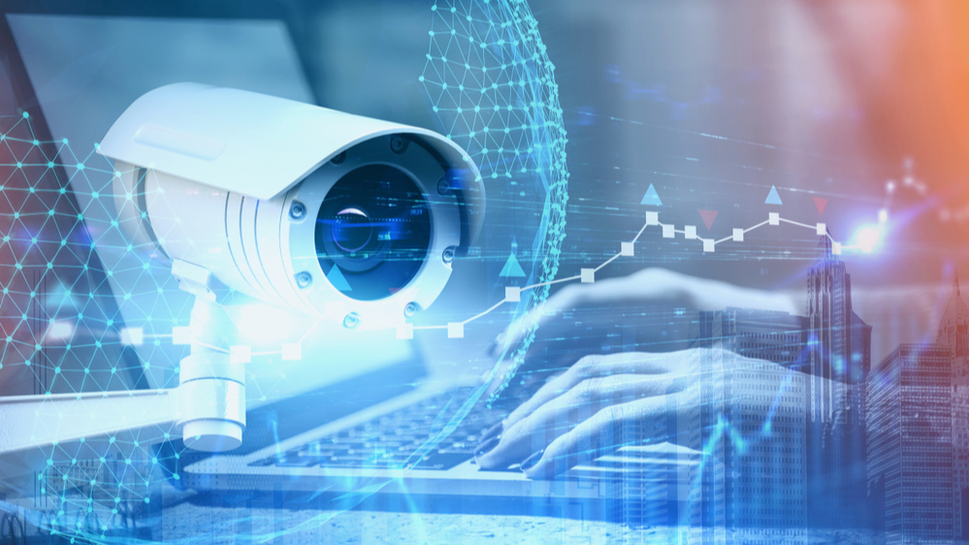Your home is not as safe as you think - and these are the security threats you should be worried about
New research shows Brits at home are living in a false sense of security

Sign up for breaking news, reviews, opinion, top tech deals, and more.
You are now subscribed
Your newsletter sign-up was successful
The majority of Brits consider their home to be the safest place in terms of cybersecurity, with only 1 in 6 believing their devices are at risk in their proverbial castle, new research has claimed.
Many believe that they are not a target in their own home, and that their device and network security will be enough to keep them protected.
However, according to NordVPN, while your home Wi-Fi may be less likely to be targeted, your friends and family could compromise your network security.
How secure is your fridge?
The Internet of Things (IoT) is driving the development of ‘smart homes’, whereby your entire home, from lighting to temperature, can be controlled remotely from a single device such as your phone.
So while you may think that hackers would target your internet router, it is far easier for cyber criminals to gain access to a Wi-Fi enabled lightbulb or a fridge with an internet connection.
While these devices may sound like they don’t pose much of a threat, they can be used to gain wider access to your home network. Cyber criminals are primarily targeting smart TVs, allowing them to listen in on your conversations through a microphone, snoop on your habits through cameras, and steal your Netflix password.
"The connection between a router and a device is like a two-way bridge: sophisticated malware from an infected device can spread to the Wi-Fi router and infect other devices connected to the home network,” says Marijus Briedis, CTO at NordVPN.
Sign up to the TechRadar Pro newsletter to get all the top news, opinion, features and guidance your business needs to succeed!
“It can also stay in the router and collect data from any other device in the network or change router settings and redirect users to malicious websites. So one infected device can cause security issues for all the network."
DIY home security systems could also be turned against you, making your home less secure if access is gained by a hacker. While this is the most affordable solution for many of us looking to make our homes as secure as possible, it is important to also consider how secure you network is.
"Ironically, without proper setup, home security systems with video cameras and sensors all around the home could serve not the household's security but criminals. Sometimes, they blackmail families for not making videos of their personal lives public. On other occasions, doorbells, backyard, or even cameras inside the home become a tool for burglars to know if it is safe to get in and rob the house," Briedis says.
In order to best protect your home, make sure you research the devices you are looking to buy and ensure they have a reliable reputation and will receive regular software updates to minimise their vulnerabilities.
You should also invest in a firewall from a trustworthy vendor to block potential intrusions, and just for an added layer of protection, consider setting up a VPN for your router so that your network and browsing is hidden from prying eyes.
More from TechRadar Pro

Benedict has been with TechRadar Pro for over two years, and has specialized in writing about cybersecurity, threat intelligence, and B2B security solutions. His coverage explores the critical areas of national security, including state-sponsored threat actors, APT groups, critical infrastructure, and social engineering.
Benedict holds an MA (Distinction) in Security, Intelligence, and Diplomacy from the Centre for Security and Intelligence Studies at the University of Buckingham, providing him with a strong academic foundation for his reporting on geopolitics, threat intelligence, and cyber-warfare.
Prior to his postgraduate studies, Benedict earned a BA in Politics with Journalism, providing him with the skills to translate complex political and security issues into comprehensible copy.